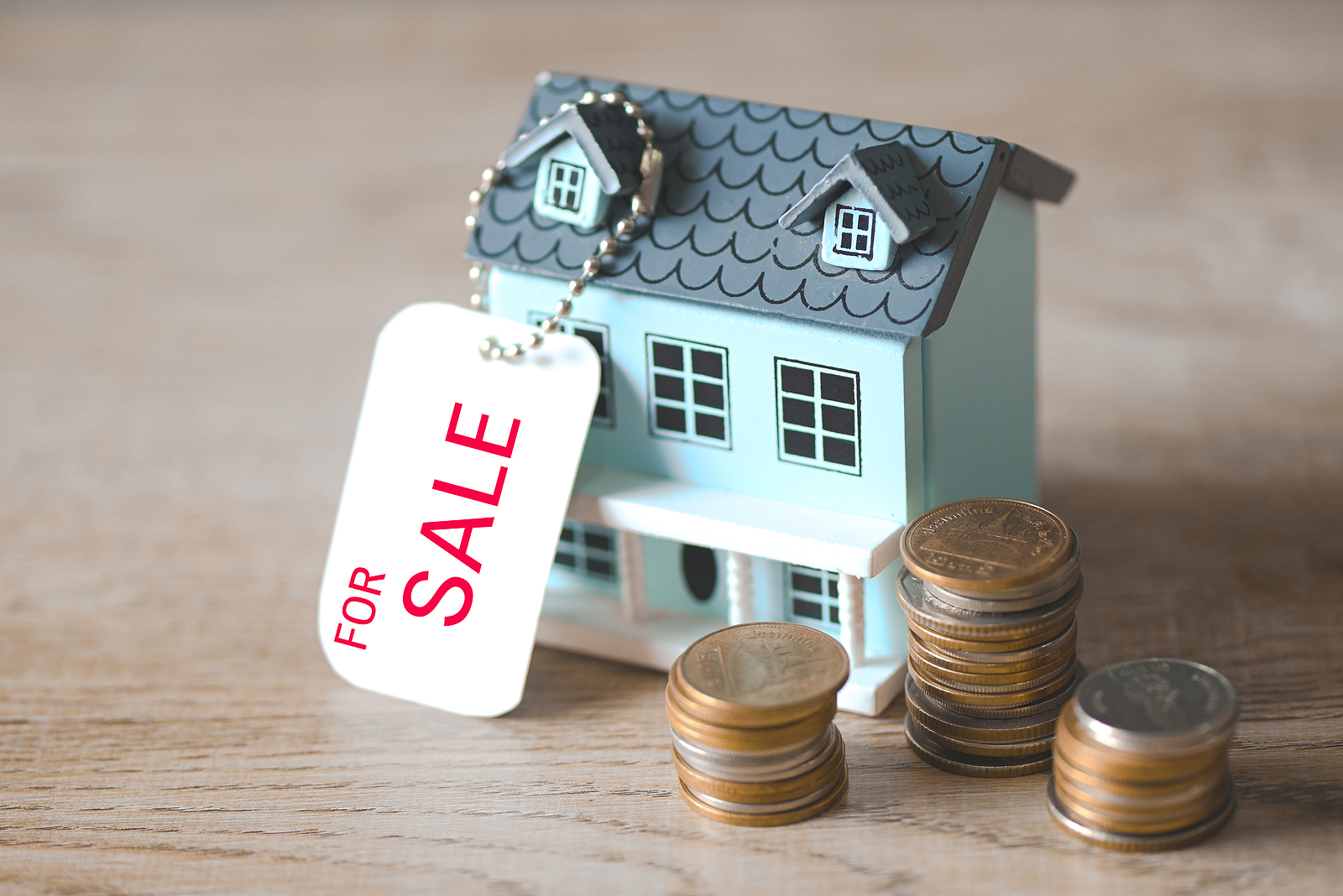The move to the new home is complete. Now all that is left to do is to sell the old one. Selling a vacant home, by the way, is a bit different than selling one that you live in.
Sure, the plusses (you don’t have to keep the home clean all the time, no strangers traipsing through) outweigh the minuses. The latter is what we’ll concentrate on today, with six quick tips to protect yourself, the home and potential buyers who tour it.
1. Consider soft-staging the home
If you recently house hunted, you know how challenging it is to look beyond a homeowners’ taste in décor and furnishings to imagine your own stuff in the home.
It’s even more challenging in a vacant home. This is most likely because homebuyers buy homes they are emotionally attracted to.
The bottom line for the home seller is that vacant homes take 80% longer to sell than homes that contain furnishings and décor.
If you need to sell quickly, consider ‘soft-staging’ (partially staging) the home.
2. Leave the utilities on
When moving out of a home, the instinct is to cancel or transfer the utility services. Don’t give in to the urge.
Water, power and gas services are needed not only during the home’s showings, but during the escrow period as well. The home inspector, for instance, will need the utilities on to do his or her job.
Cancel the services once the home closes escrow.
3. Call your insurance agent
Contact your insurance agent to find out if you will need a vacant home policy or if your current policy will cover your home while it’s on the market.
Matt Timmons at ValuePenguin.com claims that most homeowner insurance policies stop covering claims on homes that have been vacant for more than 30 days.
4. Keep up the curb appeal
If you’re selling during summer or spring, and you won’t be close enough to care for the yard yourself, you may want to consider hiring a landscaper.
If all you’ll need is a weekly or bi-weekly lawn mowing, plan on paying $30 to $80 per visit according to the pros at homeadvisor.com.
Those on tight budgets should focus on the front yard (curb appeal!).
5. Keep it clean
With nobody living in the home, the dust will gather. Folks touring the home will drag in detritus from the outdoors and, quite possibly, forget to flush the toilet.
Hire a cleaning crew to pop in once every couple of weeks to dust, sweep and, yes, flush the toilets.
In fact, have them run all of the faucets in the home. If they “aren’t used for an extended period of time,” the O-rings may dry out, caution the experts at Kew Forest Plumbing and Heating, Inc. “This makes them far more likely to crack or leak once water rushes through them again,” they conclude.
They also recommend running water at all sinks to keep the traps full of water. If they run dry, your potential buyers will be subjected to a pretty smelly situation.
6. Keep it secure
Most of us have heard the stories about squatters taking over vacant properties. Believe it or not, squatters have rights in most states and these rights typically allow them to remain in the home during a lengthy and expensive (for the homeowner) eviction process.
This is why it’s important to keep your vacant home as secure as possible. Consider forgoing the For Sale sign as it advertises that someone may not live in the home.
Security specialists offer several tips:
- Let the neighbors know when you move out and ask if they would mind keeping an eye on the home.
- Invest in security features, such as an outdoor camera that allows you to be alerted by text. Consider installing a smart lock on the front and back doors and motion-activated flood lights in the front and backyards.
- If you can afford it, an alarm system for the windows will go a long way in keeping the home secure.

